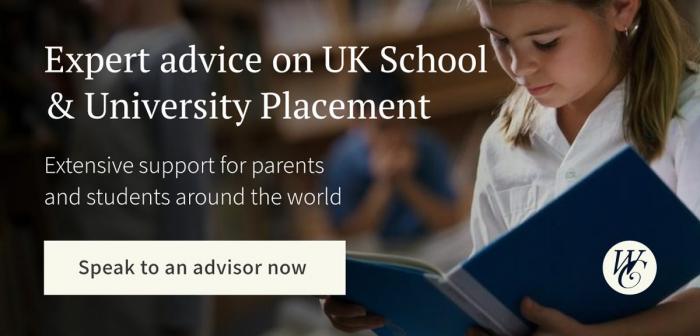
The Trouble with Exam Statistics and League Tables...
As final year school pupils speed off, they hope, towards university, they probably do not give a second thought to how their data is being used or manipulated by the schools they have left in a cloud of dust behind them. Visit almost any school or college website in the aftermath of A Level or GCSE results days, and you will find a plethora of euphoric statements apparently based on valid statistics such as “best ever results”, “100% offer rate” and “top results in the region”. Every school or college seems to be the best, having a successful university preparation programme. They all sound like the perfect destination for your son or daughter.
All too often parents can find themselves seduced by the annual explosion of statistics emanating from schools during exam results days. Never have I seen a school announcing “mediocre results this year and 50% of our 6th Form are now panicking in Clearing.” What is the most accurate and reliable metric to measure the University provision within a school? Is it pass rates? Is it University offers? Is it acceptance rates? Or highest predicted grades in years?
Statistics are powerful marketing tools but they can give parents false hope that the glittering prizes of top grades and university places could be bestowed upon their children. The truth is, as the ubiquitous financial services adverts are obliged to remind us, past performance is no guarantee of future outcomes.
Of course, schools and colleges are right to be proud of their cohorts of students and many use their statistics judiciously and carefully. It is however easy and convenient to not want to question the good news too vigorously.
- “Best ever results” - What criteria are they using? What are they measuring to determine “best”?
- “All pupils received 5 university offers” (the maximum when applying via UCAS) - This may be so, but did they actually meet their offers on results day, or were they left scrabbling around, disappointed and stressed in Clearing, because the school or college artificially inflated their grades to ensure that they would be offered places by universities?
- “All pupils secured places at their first choice university” - Check on the quality of these university courses, and whether these matched the aspirations of the pupils concerned. How appropriate and thorough was their careers advice; were they steered towards, or away from, challenging and ambitious courses?
It can be easy to forget that schools and colleges are competing for the next batch of students and so their recent A-Level results and University destinations are a long standing measure of success. The equivalent of your stockbroker’s last year’s top picks. It could be argued that a little “creativity” with predicting student grades from schools opens up a fantastic array of offers for their students from universities. In turn the school can market the great news to the next cohort of fee payers. Remember; offers are not places, they are dependent on real results. Come results day, the students meeting the predicted grades go to their first choice of university; those who don’t, go to Clearing.
Each child is different - learns differently, responds differently and requires different approaches. What they really need is a school or college with excellent teachers who will understand them, go the extra mile for them, and support them in their academic interests and learning.
As a parent, your child’s needs must come first. The best advice of all is to dig really deeply into what schools and colleges will really have to offer before you make your choice. The key questions should be - HOW does the school help pupils achieve their potential, whatever that may be? What is the provision of pastoral care and pupil support structures within the school? The answers to these questions will help you get closer to understanding the quality of the school and what it will do for your son or daughter than any examination statistics headline.
Remember, take statistics with a very, very large pinch of salt.
Dr Helen Wright is a former Head of a leading UK public school and is part of the William Clarence Education Advisory Board
For transparent, unbiased advice on all aspects of U.K School Placement, contact our school placement consultants today.

